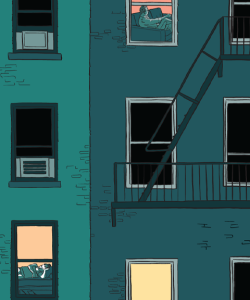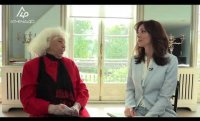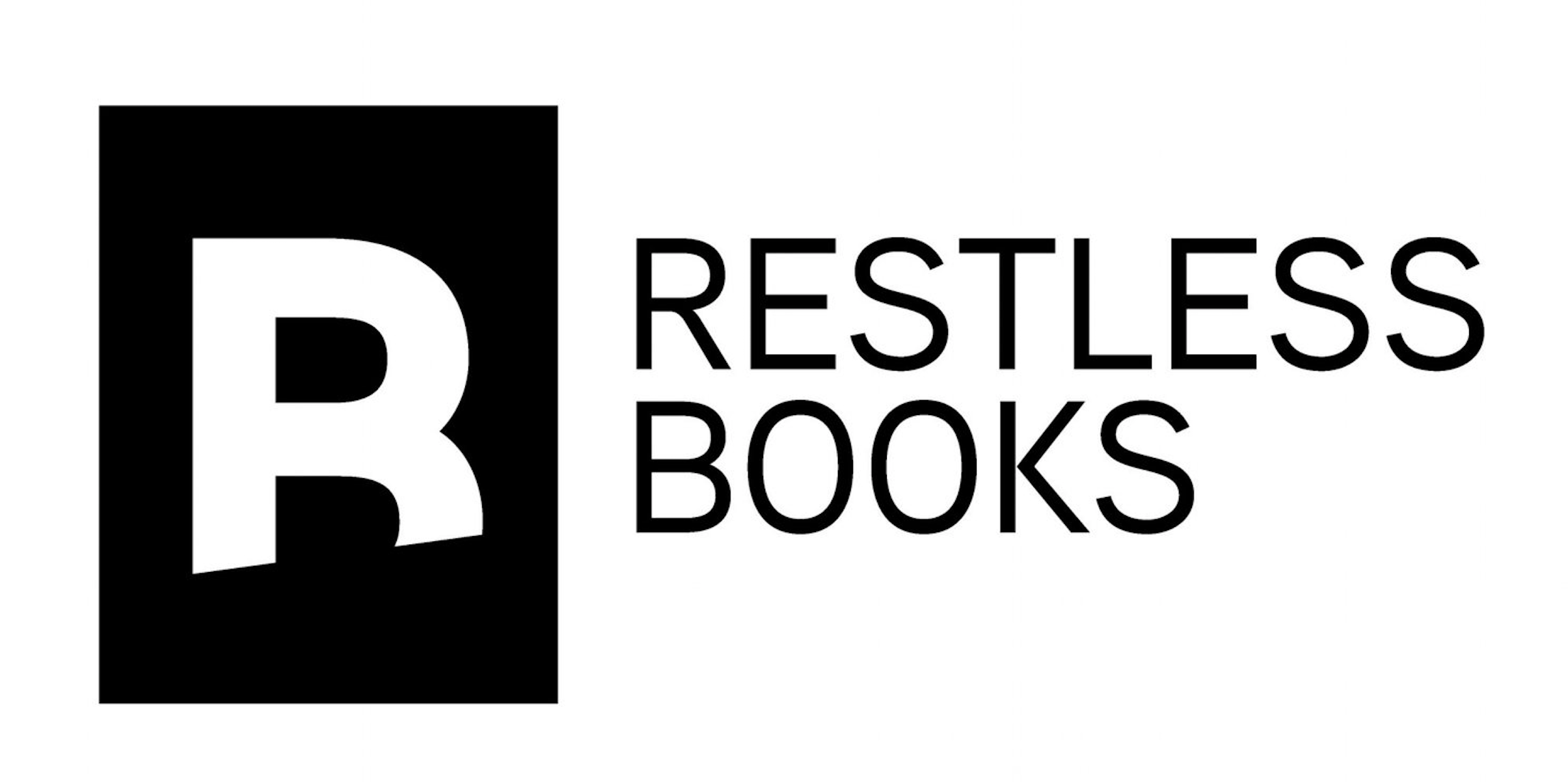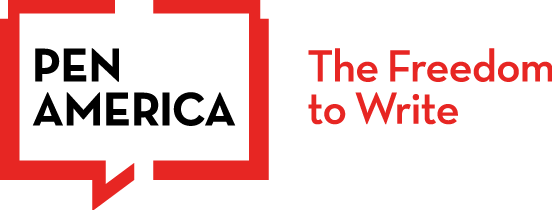After a dreary winter, spring is finally on the horizon. With deadlines of March 14 or March 15, these contests include opportunities for poets, fiction writers, and nonfiction writers alike. One awards a monthlong residency in Slovenia. All offer a cash prize of $500 or more.
Airlie Press Airlie Prize: A prize of $1,000 and publication by Airlie Press is given annually for a poetry collection. The editors will judge. Deadline: March 15. Entry fee: $25.
Bellingham Review Literary Awards: Three prizes of $1,000 each and publication in Bellingham Review are given annually for works of poetry, fiction, and creative nonfiction. The 49th Parallel Award for Poetry is given for a poem or group of poems. The Tobias Wolff Award for Fiction is given for a short story. The Annie Dillard Award for Creative Nonfiction is given for an essay. All entries are considered for publication. Jessica Jacobs will judge in poetry, Kristiana Kahakauwila will judge in fiction, and Sarah Einstein will judge in creative nonfiction. Deadline: March 15. Entry fee: $20 ($10 for each additional entry).
Colorado Review Nelligan Prize for Short Fiction: A prize of $2,000 and publication in Colorado Review is given annually for a short story. T. Geronimo Johnson will judge. All entries are considered for publication. Deadline: March 14. Entry fee: $15 ($17 for online submissions).
Fourth Genre Steinberg Essay Prize: A prize of $1,000 and publication in Fourth Genre is given annually for an essay. Xu Xi will judge. All entries are considered for publication. Deadline: March 15. Entry fee: $20.
Hidden River Arts Eludia Award: A prize of $1,000 and publication by Hidden River Publishing is given annually for a debut novel or story collection by a woman age 40 or older. Deadline: March 15. Entry fee: $20.
James Jones Literary Society First Novel Fellowship: A prize of $10,000 is given annually for a novel-in-progress by a U.S. writer who has not published a novel. Two runners-up will each receive $1,000. Deadline: March 15. Entry fee: $33.
Livingston Press Tartt Fiction Award: A prize of $1,000, publication by Livingston Press, and 100 author copies is given annually for a first collection of short stories by a U.S. citizen. Deadline: March 15. Entry fee: none.
National Poetry Series Open Competition: Five prizes of $10,000 each and publication by participating trade, university, or small press publishers are given annually for poetry collections. The 2021 publishers are Beacon Press, Ecco, Milkweed Editions, Penguin Books, and University of Georgia Press. Deadline: March 15. Entry fee: $35.
Prairie Schooner Raz-Shumaker Book Prizes: Two prizes of $3,000 each and publication by University of Nebraska Press are given annually for a poetry collection and a short story collection. Kwame Dawes will judge. Deadline: March 15. Entry fee: $25.
Robinson Jeffers Tor House Foundation Poetry Prize: A prize of $1,000 is given annually for a single poem. Kim Stafford will judge. Deadline: March 15. Entry fee: $10.
The Word Works Washington Prize: A prize of $1,500 and publication by the Word Works is given annually to a U.S. or Canadian poet for a poetry collection. Deadline: March 15. Entry fee: $25.
Verse Tomaž Šalamun Prize: A prize of $500 and publication by Factory Hollow Press is given annually for a poetry chapbook. The winner will also receive a monthlong residency in summer 2022 in a private apartment at the Tomaž Šalamun Center for Poetry in Ljubljana, Slovenia. Prose poetry, hybrid works, and translations of works of poetry by living writers from any language into English are also eligible. Sawako Nakayasu will judge. Deadline: March 15. Entry fee: $16 ($12 for students).
Washington College Hodson Trust–John Carter Brown Library Fellowship: A fellowship, which includes a stipend of $20,000, is given annually to a novelist or nonfiction writer working on a book relating to the literature, history, culture, or art of the Americas before 1830. The fellowship includes housing and university privileges for a two-month research period to be conducted at the John Carter Brown Library on the campus of Brown University in Providence, Rhode Island, and a two-month writing term at the Starr Center for the Study of the American Experience at Washington College in Chestertown, Maryland. Deadline: March 15. Entry fee: none.
Visit the contest websites for complete guidelines, and check out the Grants & Awards database and Submission Calendar for more contests in poetry, fiction, and creative nonfiction.









